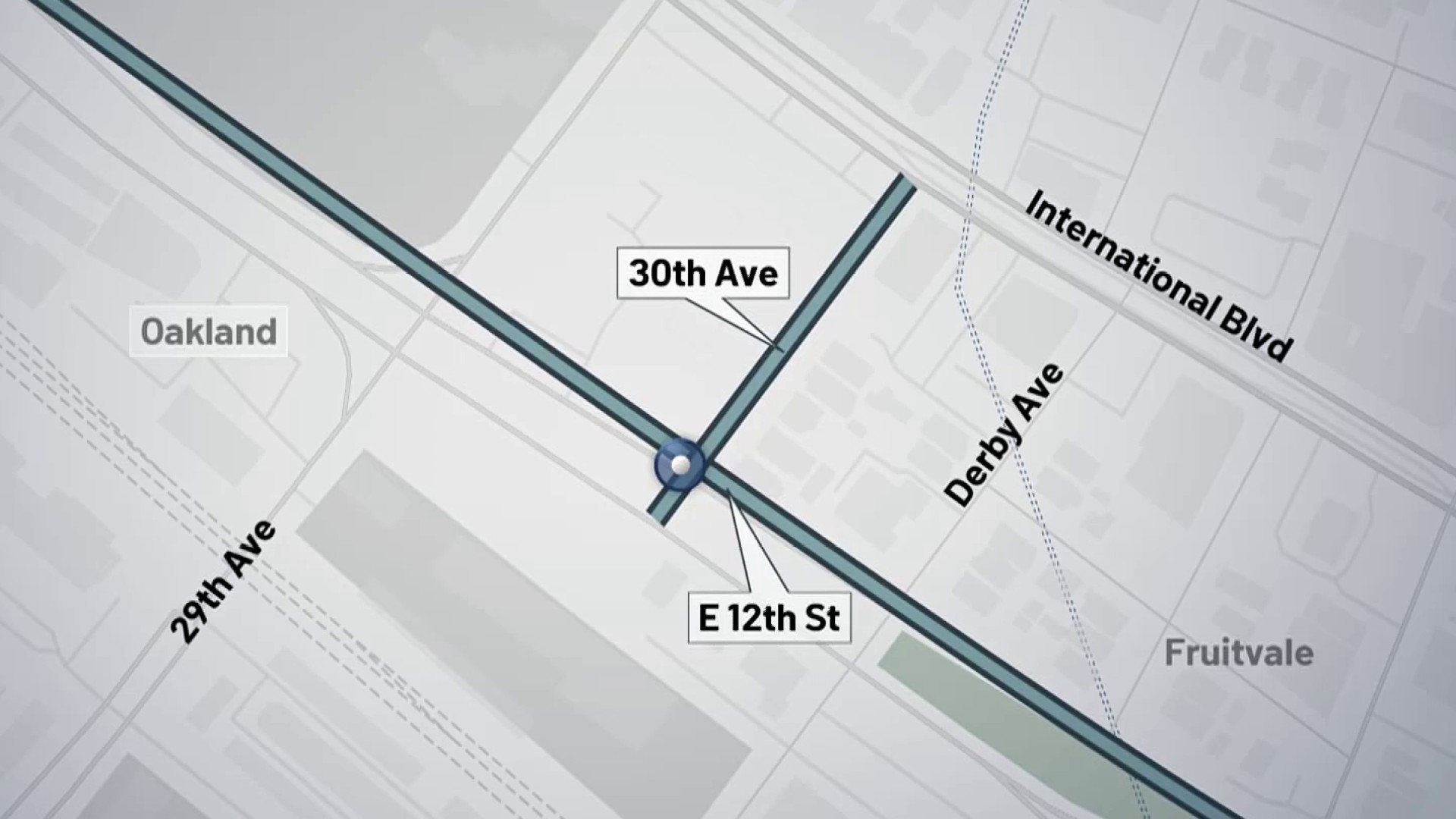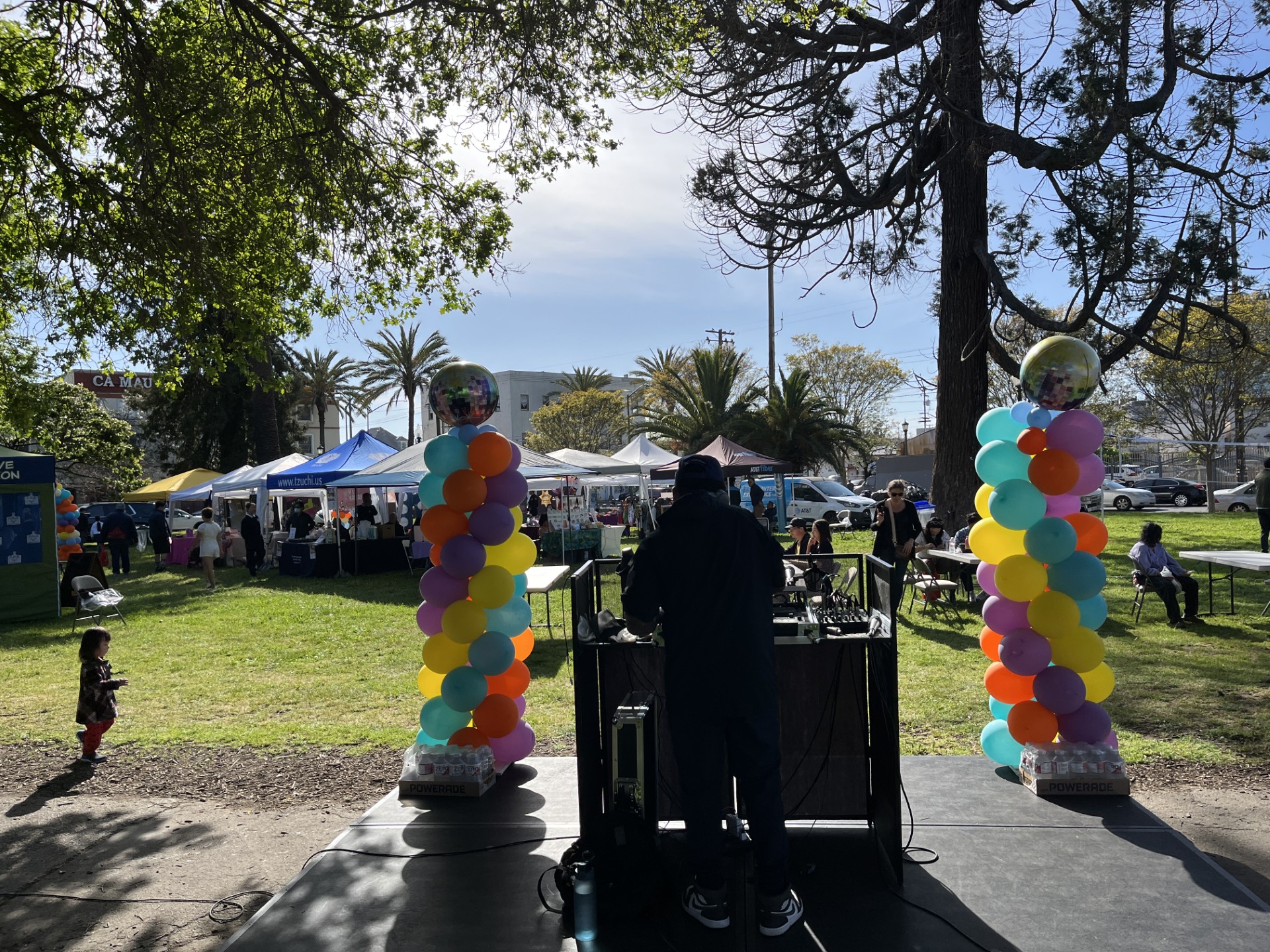For many parents, a proposal to create a pathway for some college minors to use alcoholic beverages might sound a bit far-reaching.
Those same parents, however, might be equally surprised to learn that students of viticulture and oenology in California- that is, those studying the art of growing grapes and making wine- can’t taste their own work.
The snag in state law, critics say, poses quite a logistical hurdle for both students and instructors.
“The tasting process is *how winemakers do quality control day-to-day,” said Professor Andrew Waterhouse, a wine chemistry teacher at UC Davis. “So if you don’t have the experience of what wine tastes like as it’s being made, then you’re completely missing a critical skill, which you then have to learn on the job.”
Waterhouse said it’s the prerogative of schools to have students equipped with all the tools they need by the time they graduate to start work.
In the field of viticulture, at least, that goal can be hard to achieve given current state law.
“It’s illegal for us to give or present an alcoholic beverage to someone under 21 and have them put it in their mouth,” Waterhouse said. “That is illegal, even if the students don’t swallow it.”
And therein lies the rub that school administrators want to change.
A new bill proposed by Assemblymen Wesley Chesbro, D-North Coast, would allow “qualified” students and academic institutions to move forward with the tasting (not consumption) of wine and beer for those learning the craft.
If approved by the legislature, the new law would apply to not just UC Davis, but colleges and universities all over California that offer wine and beer making programs.
The University of California administration is giving the legislation its full backing.
“Our graduates are expected to possess the necessary skills of their chosen industry when being considered for employment and one of those skills is the ability to assess wine or beer qualities by taste during production,” submitted Brooke Converse, UC spokesperson, in an official statement to NBC Bay Area.
“The sensory skills that come from tasting wine and beer specimens are critical to a full understanding of the science being advanced in classes,” she continued. “This bill is a modest measure that allows students to receive the best advantage and preparation from their training.”
The UC Davis director for government relations, Adrian Lopez, argues that current law also hamstrings California schools to a degree in the admissions process.
Lopez says that 12 other states- most recently Washington- have adapted their laws to allow for underage tasting when it concerns viticulture students.
“Nowadays, as the world is becoming more global and more national students have more options on where to go,” Lopez said. “And this kind of limitation could cause a student to decide to go to an oenology program in New York, or in Florida, as opposed to come stay here in California.”
The issue is particularly important to UC Davis, as it is currently the only school in the UC system to offer a brewing and oenology program.
The law’s structure right now affects students and instructors in multiple dimensions.
Waterhouse explained that some instructors cannot allow any tasting in some classes where there is a mixture of over- and under-21-year-olds.
He said some professors might conclude, “Look, I can’t have two grades of students, two classes of students in here so no one gets to taste, which is a big problem.”
From the student perspective, having to wait until the junior or senior year of school to take certain classes can affect the quality of the educational experience.
“There are a few classes in the springtime that I would have liked to have started last year,” observed Ully Povoa, a 20-year-old UC Davis junior, “and if I would have been able to start those last year, than maybe I would have more of a feel for what kind of restricted electives I have to take.”
Povoa said she was weighing her options in courses like plant science, microbiology and economics that either had to be put on hold, or altered, due to underage restrictions on the tasting courses.
She also said crucial courses can be diminished as a result of the rules.
“To be able to make something but not be able to actually understand how it turned out, for the end product, I think it’s somewhat pointless,” Pavoa said.
Classmate Jean-Sebastien Calvet, who turned 21 within the last year, agreed with her assessment.
“When I came to Davis at the age of 18, I was looking forward to really enhancing my sort of sensory skills,” Calvet said. “And when I came, I couldn’t taste any wine at all. In the winemaking [track], you learn obviously all the chemical compounds, what flavors they give off. That’s the theory, but you have to be able to taste the wine, I believe, at the end of the day.”
According to the bill, AB 1989, the “tasting” permitted will be narrowly defined.
Per the wording, “taste means to draw an alcoholic beverage into the mouth, but does not include swallowing or otherwise consuming the alcoholic beverage.”
An adult would still need to be present even for this scaled-back activity.
We contacted the office for Assemblymen Chesbro to learn more about the development of the law and the grounds for any potential opposition.
Chesbro declined our request.
The 12 states that have already passed the so-called ‘educational exemption’ for viticulture are: New York, New Jersey, Vermont, Rhode Island, North Carolina, South Carolina, Illinois, Michigan, Colorado, Missouri, Florida and Washington.



